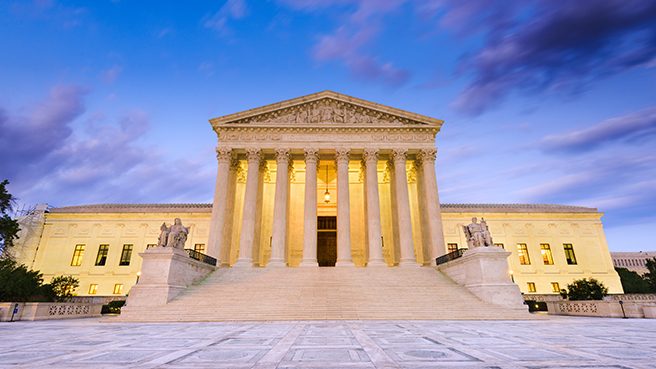During the month of October, we hosted one webinar a week that featured discussions on timely topics and updates on recent legislation and court decisions affecting employers. If you were unable to attend the live webinars, they are now available to view On-Demand.
We invite you to register for any of the complimentary On-Demand CLE










